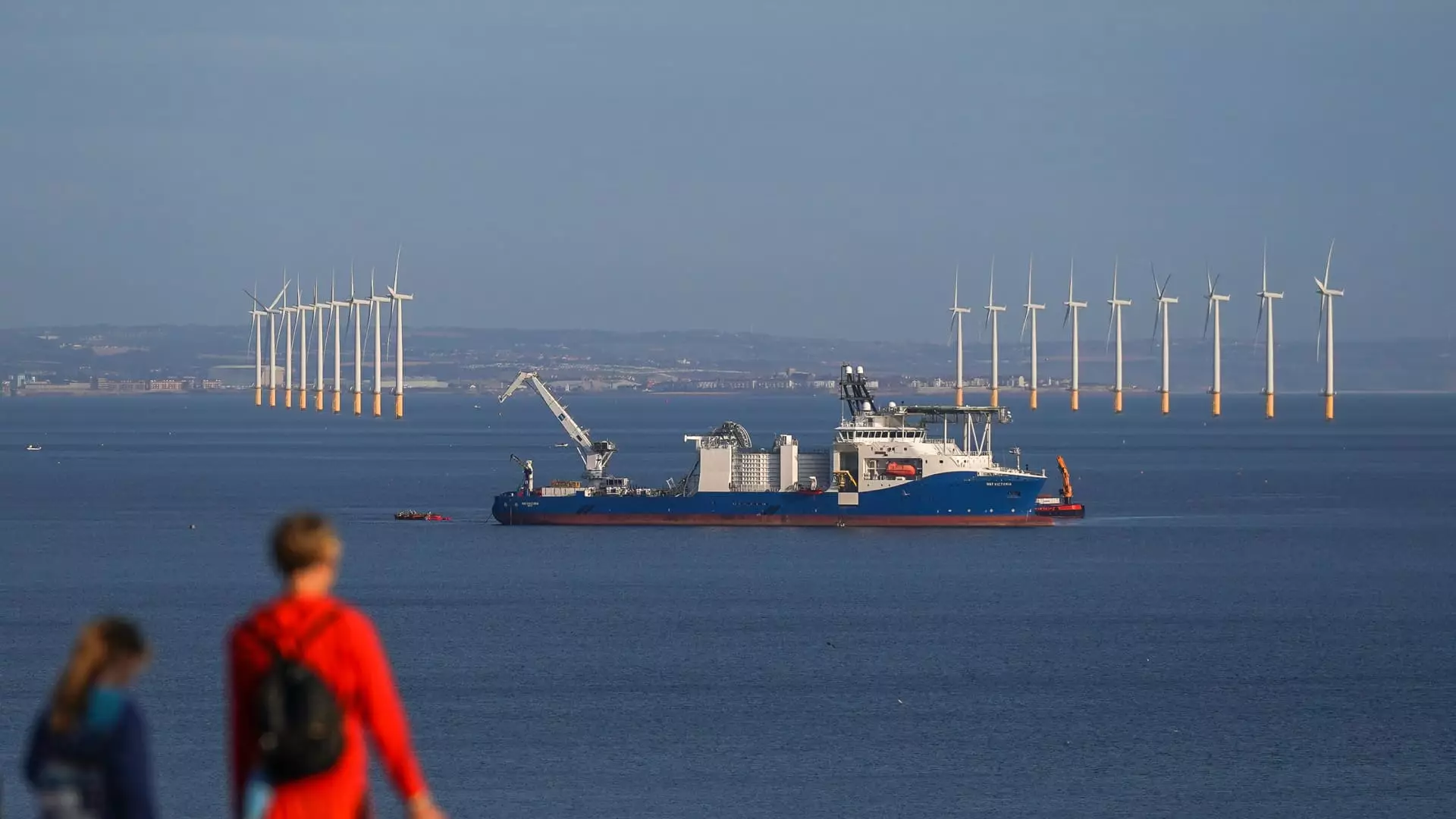In a recent statement that has reignited debates around energy policy, U.S. President-elect Donald Trump urged the United Kingdom to reconsider its approach to North Sea oil and gas production by suggesting that the country “open up” the North Sea. This call to action follows the announcement from APA Corporation’s unit, Apache, which plans to cease its operations in the region by 2029. The move is largely attributed to the unprofitability associated with the U.K.’s Energy Profits Levy (EPL), a windfall tax that has increased costs for energy producers. Trump’s criticisms highlight a growing concern among industry stakeholders about the implications of such taxation.
The U.K. government, under the ruling Labour Party, has increased the windfall tax from 35% to 38%, coupled with an extension of the policy until March 2030. This policy aims to generate revenue to facilitate a transition away from fossil fuels—a point the government insists will enhance national energy security. However, critics argue that this approach may deter investment in vital energy sectors, ultimately leading to reduced production and job losses. Trump’s emphasis on dismantling this policy underscores a broader tension between environmental objectives and energy independence, raising questions about the long-term sustainability of these economic strategies.
The reactions to Trump’s statements have been mixed. While the Labour Party’s commitment to combat climate change through the windfall tax has garnered support from environmental advocates, it has also sparked dissent from various energy sector players. Despite attempts to reach representatives from key players like Shell and BP for their perspectives, the silence from these major corporations suggests a strategic avoidance of public commentary on contentious issues. This hesitance reflects the complex dynamics of balancing commercial interests with political pressures and public opinion.
Simultaneously, the North Sea stands at the forefront of a significant renewable energy initiative. European nations, including the U.K., are investing heavily in offshore wind energy, with aspirations to transform the area into a leading green power source. However, the growth of this sector has faced numerous challenges, including increasing costs and supply chain disruptions exacerbated by higher interest rates. This struggle calls into question the feasibility of achieving ambitious renewable energy targets amidst economic hurdles.
As the U.K. grapples with its energy policies, Trump’s call to action underscores the necessity for a nuanced conversation surrounding energy production, taxation, and environmental sustainability. Both sides of the debate must navigate the intricate balance of fostering investment in energy while striving for a transition to greener alternatives. The discourse surrounding North Sea policies is likely to continue evolving, revealing the inherent complexities of modern energy economics in a rapidly changing global landscape.



Leave a Reply